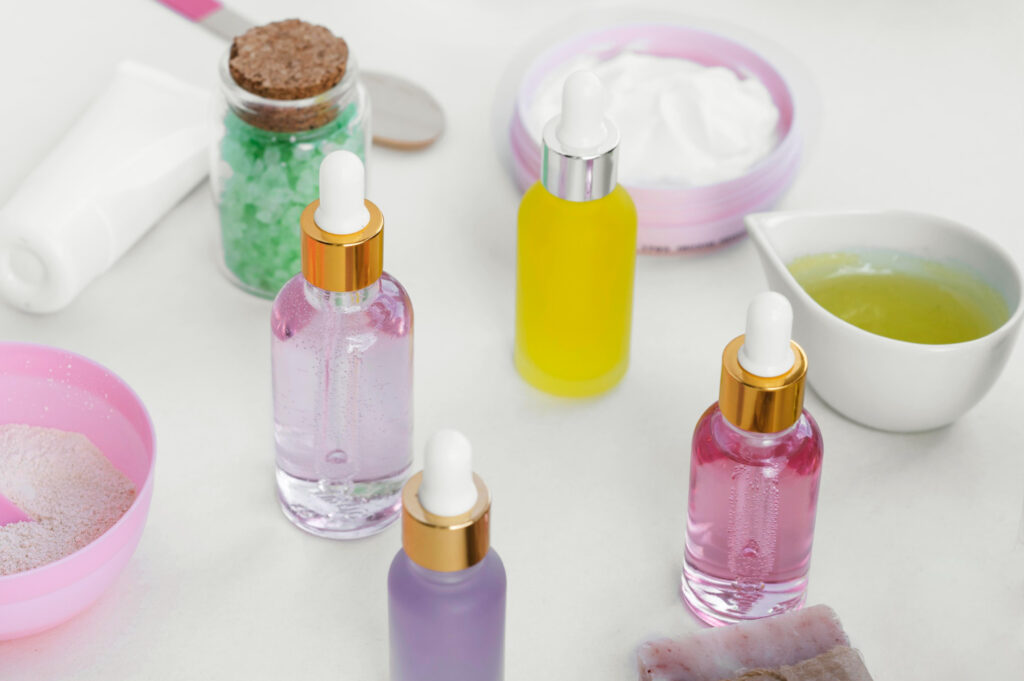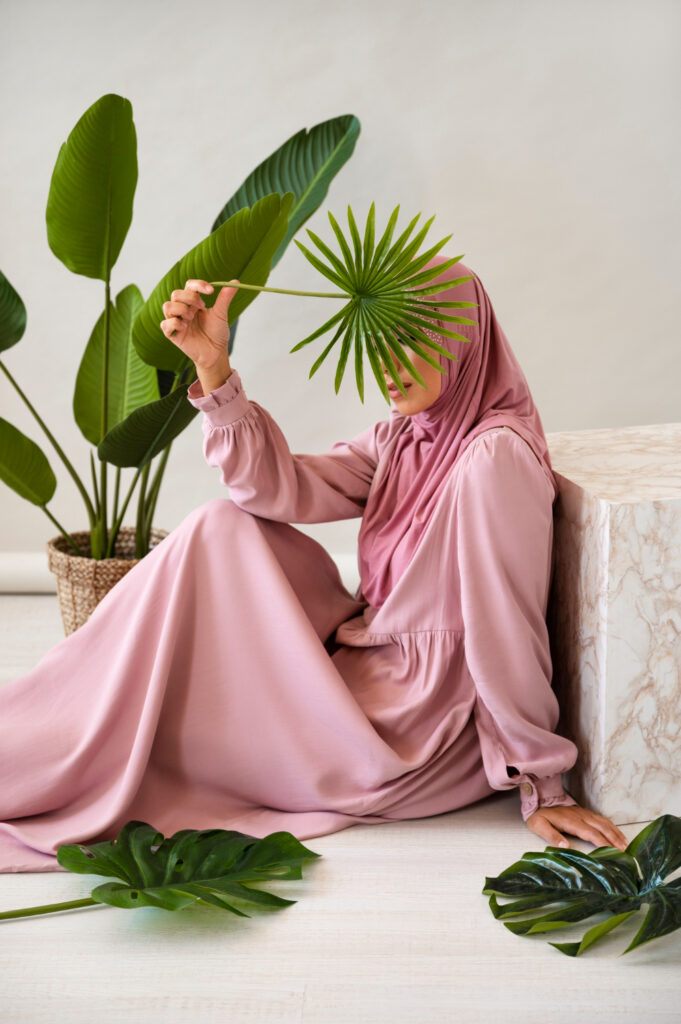Understanding Cosmetics Halalness
Halal cosmetics are a growing trend in the beauty industry, catering to a global Muslim population that values products aligning with their faith. These cosmetics adhere to Islamic law, known as Sharia, which prohibits certain ingredients, including those derived from animals not slaughtered according to Islamic rites and those containing alcohol[1].
The global Muslim population accounts for 23 percent of the world’s population, and the market for Halal food and lifestyle is estimated at $2.47 trillion in 2018[2]. The cosmetics and personal care sectors have emerged as one of the most prominent and fastest-growing markets. In 2017, Muslim consumers spent US$61 billion on Halal cosmetics, and this expenditure is expected to grow to US$90 billion in 2023[3].

What Makes a Cosmetic Product Halal?
Halal are not just about the ingredients. The aspects of Halal for cosmetics and personal care products include “ingredients, all the processes involved in production right up to delivery to consumers, safety and product efficacy evaluations”[4]. This means that everything from the sourcing of the ingredients to the manufacturing process, packaging, and distribution must comply with Halal standards[4].
For example, a Halal lipstick must not contain any animal-derived ingredients unless the animal was slaughtered according to Islamic rites. The manufacturing process must also be free from cross-contamination with non-Halal substances[4].
Popular Halal Cosmetic Brands
There are several popular Halal cosmetic brands in the market today. These include Wardah, a leading Indonesian brand that offers a wide range of Halal-certified beauty products. Other brands such as Amara Cosmetics, PHB Ethical Beauty, and INIKA Organic offer Halal-certified products that cater to the growing demand for ethical and cruelty-free cosmetics[5].
The Importance of Halal Cosmetics for Muslim Consumers

The importance of Halal cosmetics for Muslim consumers cannot be overstated. A study examining the roles of religiosity and knowledge on attitude formation towards Halal cosmetic products found that both religiosity and product knowledge significantly impact attitude towards using Halal cosmetics products[6]. This means that the more knowledgeable and religious a consumer is, the more likely they are to have a positive attitude towards Halal cosmetics[6].
In a country like Indonesia, which accounts for 12.6% of the world’s Muslim population, the demand for Halal cosmetics is high[7]. However, the awareness in choosing, purchasing, and consuming Halal products is still low among Indonesian Muslims due to several factors, including the limited number of cosmetic products that have received the Halal certification[8].
In conclusion, it represent a significant trend in the beauty industry, driven by a growing global Muslim population seeking products that align with their faith. As the market continues to grow, understanding the importance of Halal certification and the factors that influence consumer attitudes towards Halal cosmetics will be crucial for brands looking to succeed in this space.

